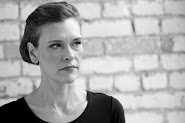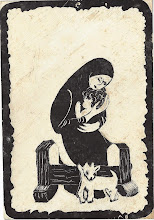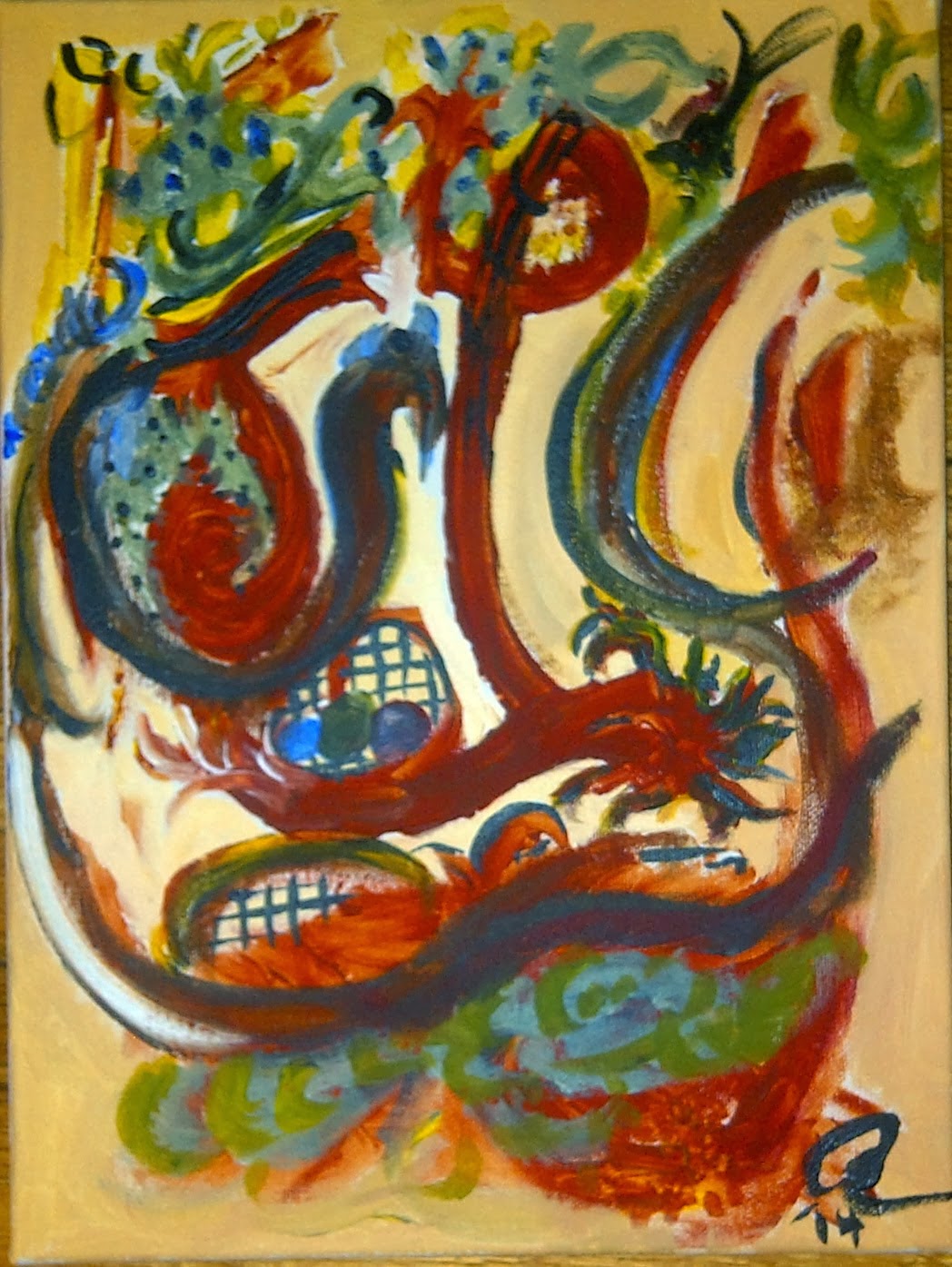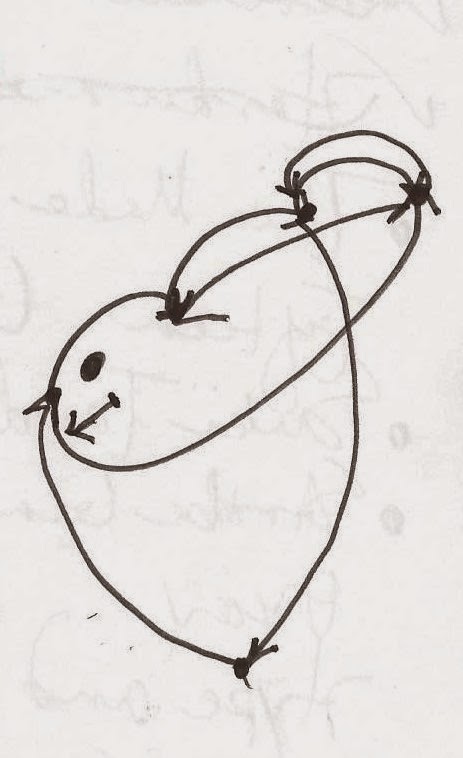Althea felt subject to routine inquiries into her character. Was she someone who would hurt children? Was she someone who would hurt the old? Or steal into their coffers? Was she harmless or did she have ill-intent in wanting to help others for so long? It was one thing to offer inconsequential aid once. That was the most valiant form of helping in that it obligated no one to help the helper in exchange. Yet it was another thing to grow to become indispensable to someone without whose infirmities the helper could not exist. People in general had started to call that helpless requiring “codependency,” but to Althea that word did no good, and good had been her sole goal in helping anyone in the first place. She became frustrated to be the only one to last on, the only one willing to go the extra mile. The extra mile turned into the extra ten and twenty miles since no one besides her showed willingness to try. She thought for certain that she helped others out of love, if not for a particular person, as between a man and a woman devoted to each other, then for humankind itself. That sort of spiritual love had started to become defined as “dysfunctional.” Althea was losing her ability to relate to people in any proper way, since her way had become outmoded, and the new way struck her as anti-Christian, and she rejected it. She thought the new way signaled apathy. She had not been very religious in the past but had become more so in her incredulous state of not having allies in loving and offering help and succor. To Althea, the reason to be a human was being dismantled, and lower reasons, such as greed and convenience and selfishness were taking its place. She felt alone.
Then Althea met a sister helper, someone like herself, someone who wanted the good for others and who had endured examination of her motives as codependent and dysfunctional. Emma arranged for Althea to join her in the evening to watch television. They sought nearly in vain to find a program that could appeal to their authentic natures. Then they listened together to audio books. For Althea there was just a ten-minute car ride to Emma's house. They had found each other in arranging to buy and sell a lawn sprinkler in their local weekly newspaper. Once they met and felt the warmth in each other's eyes — different colored eyes — brown and blue that blended instead of hurting or offending — they found a solid place from which to go ahead and to be. For Althea the goal was not so much to talk about issues but to find a steady and reassuring presence in the other. Both women were dependent on forms of government assistance despite being ten years too young not to work and both were governed by the legal demands of maintaining eligibility. Each time one of them had offered to help a family with a loved one, she was met with rebuff and the insistence that she secretly wanted to invade the family's privacy for wealth. So each woman had begun to subside in needing to earn a living and needed only to accept her lack of scope.
“At least they have each other,” prospective families who needed their assistance would say when Althea or Emma, who had decided to move in together to one apartment with four rooms, turned down their offers of employment. Chiefly, the ladies wanted to protect their government assistance in not agreeing to take caregiver assignments; besides, each realized, especially in each other's company, that she need not care for an unknown family's unwanted family member ever again with all its attendant hardships and that with her new hope and new way of settling things life had started to grow in satisfaction.












